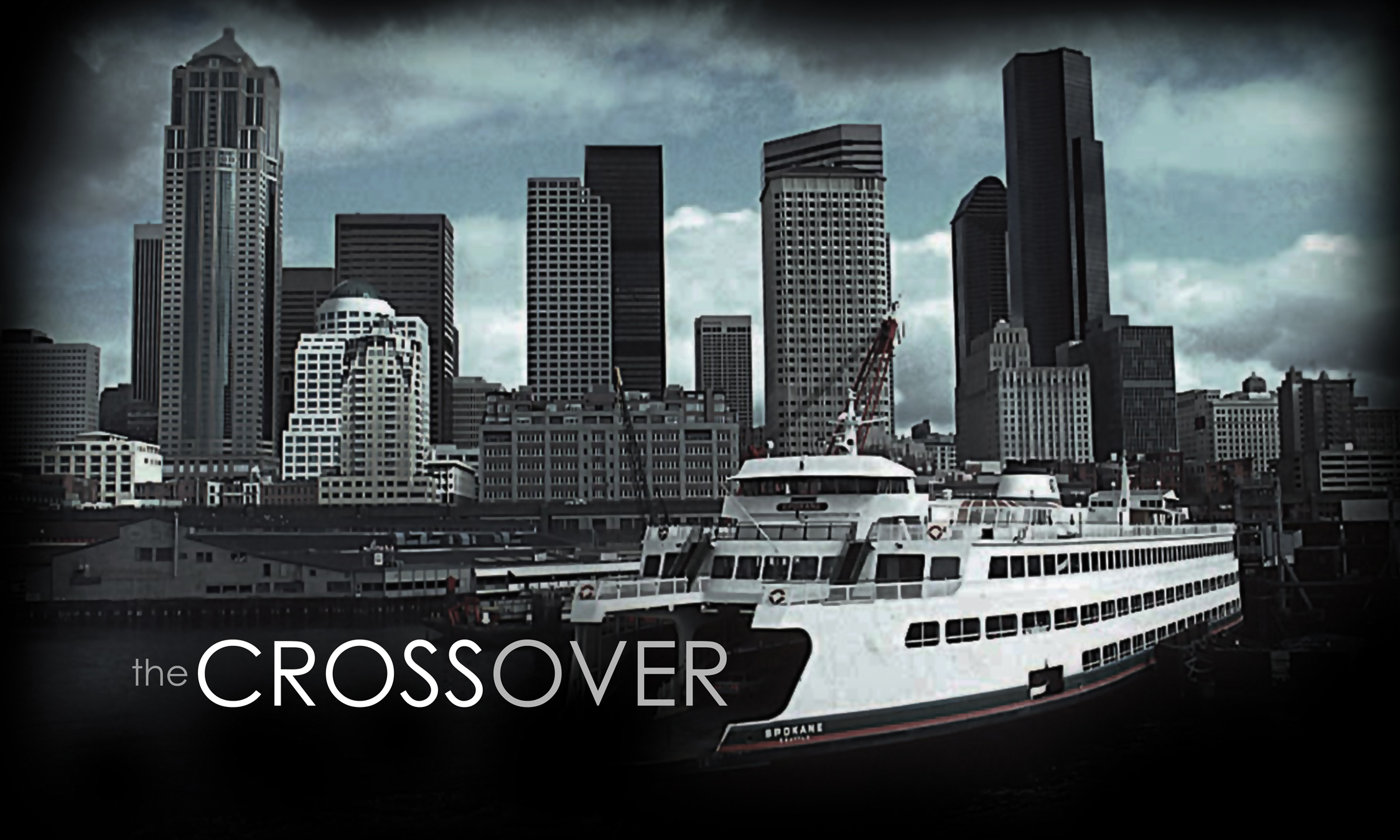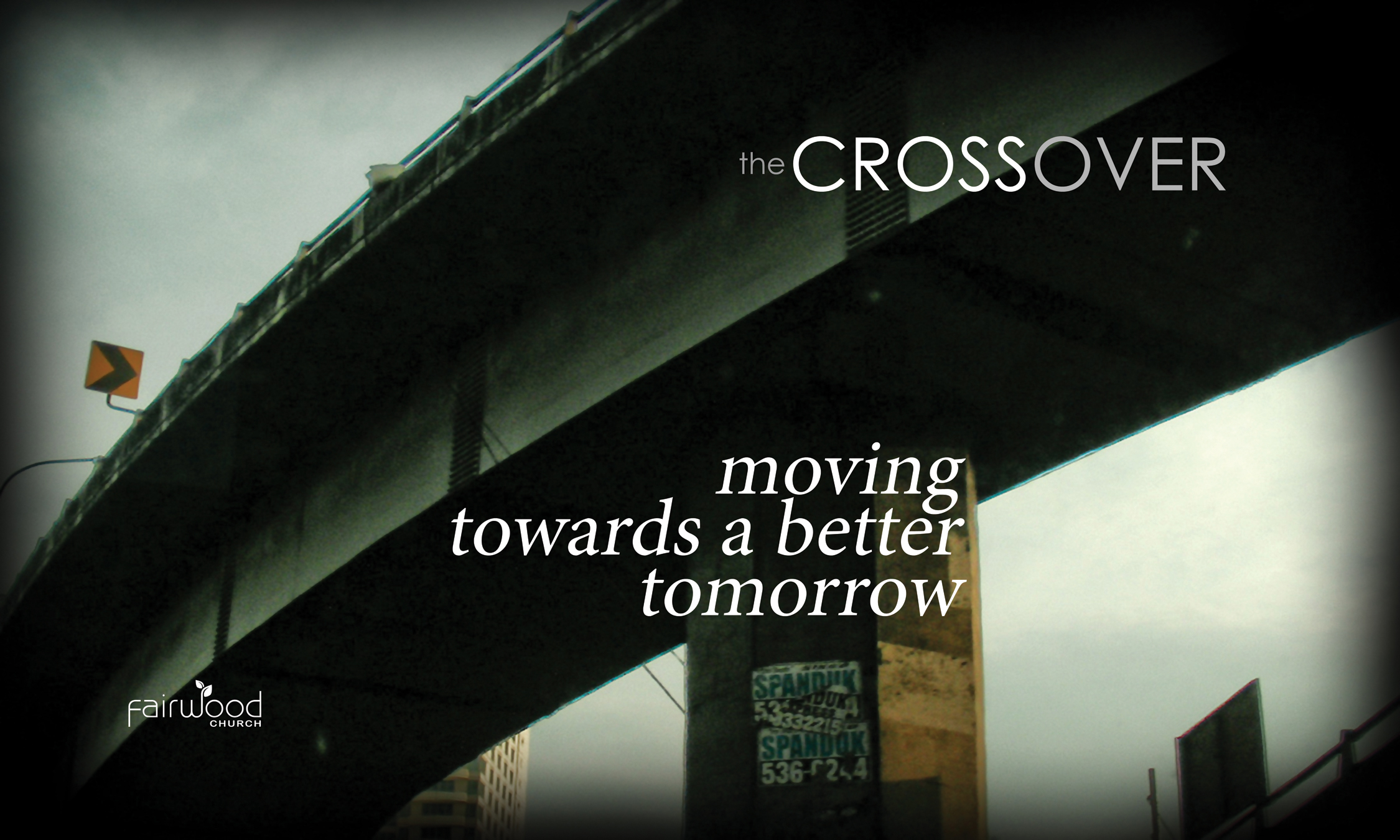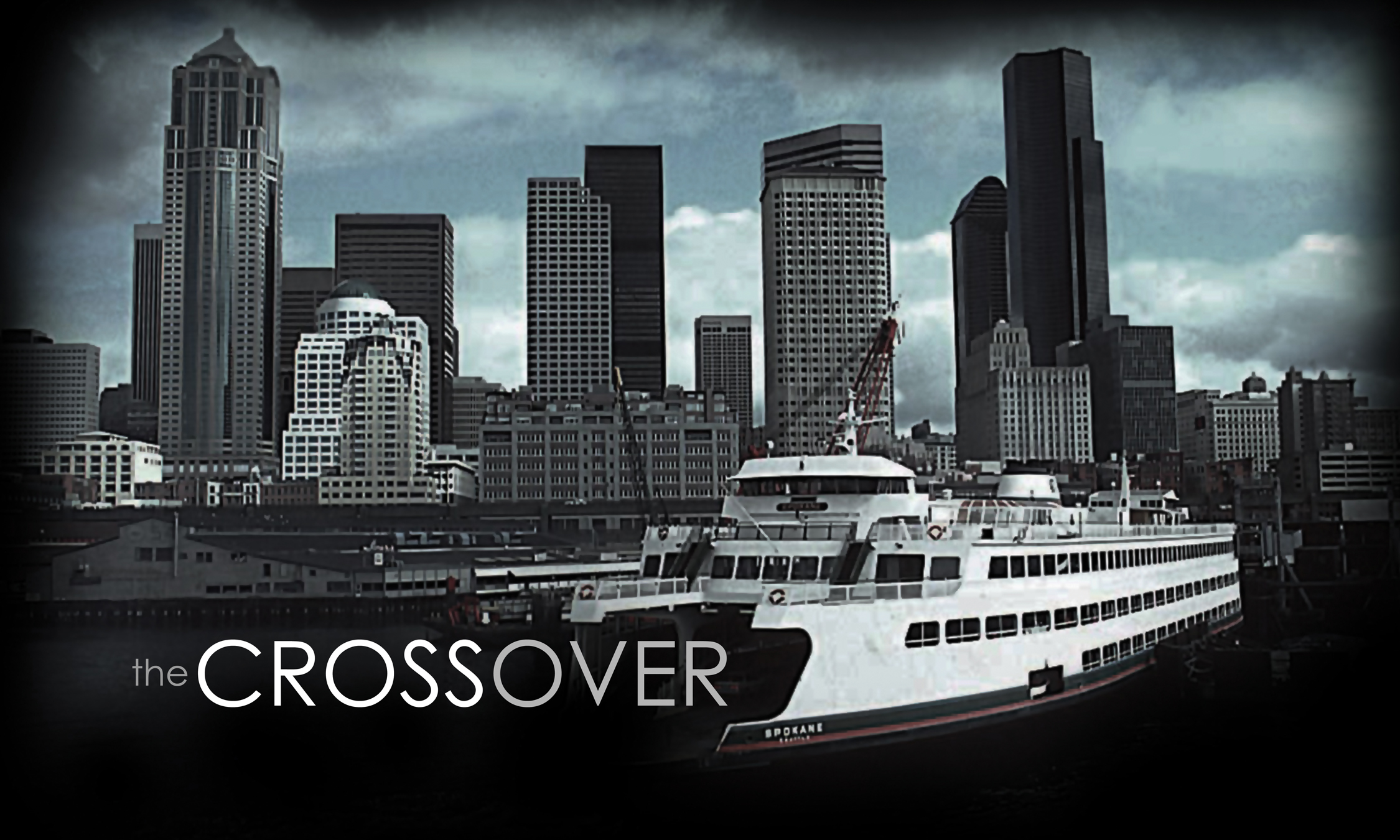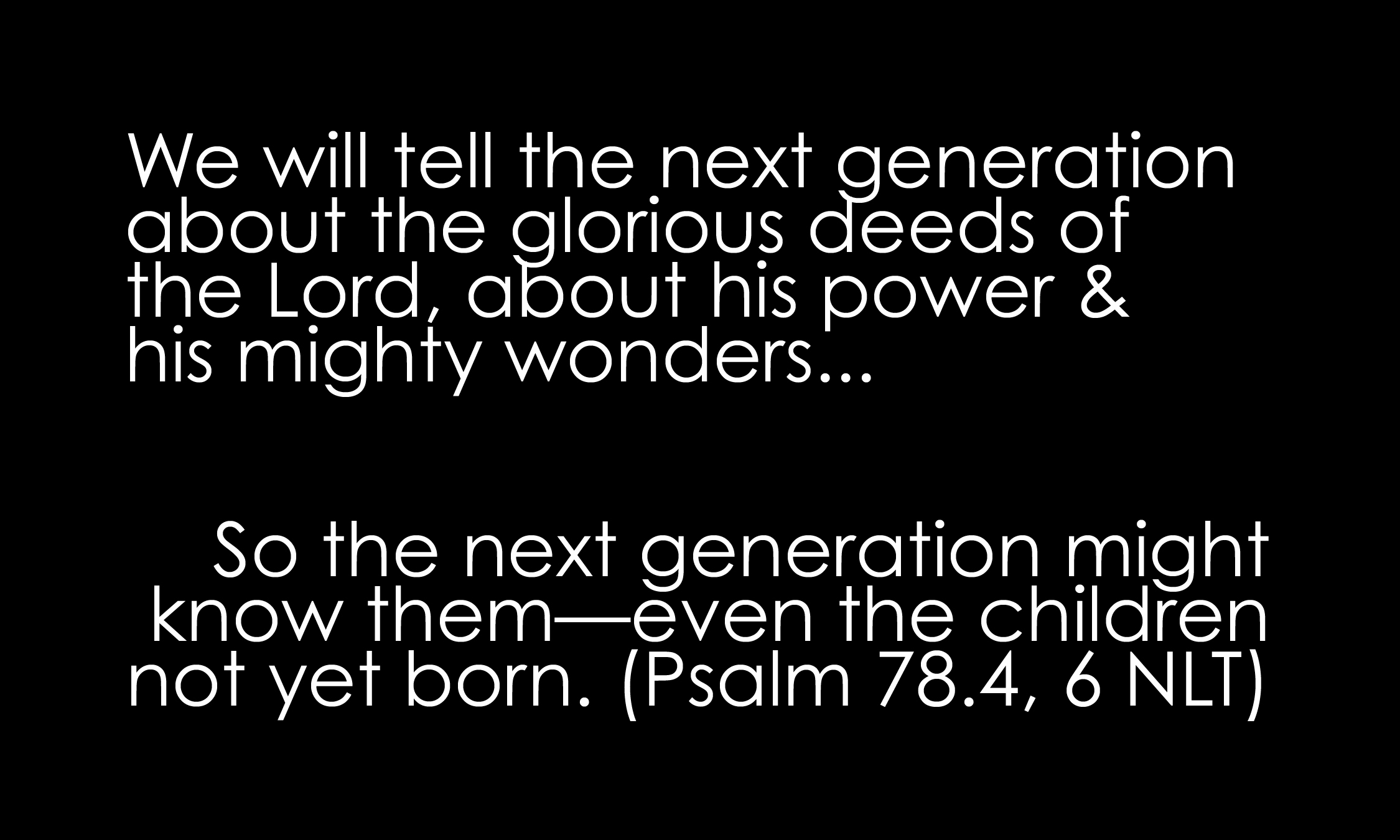Good Lines
Do you have good lines?
I’m not talking about clever sayings or effective pick-up lines.
I don’t mean lines that develop on your face because you laugh so much.
I’m talking about necessary boundaries that keep you living—healthy, whole, and safe.
Two years ago, my wife and I hiked the Grand Canyon.
We started at Bright Angel, hiked all the way down to the Colorado River and spent the night at Phantom Ranch.
The hike was about 10 miles one-way with an elevation change of around 4,500 feet.
There were plenty of signs, markers, and warnings along the way.
With sheer cliffs dropping thousands of feet at the edge of the trail—I honored the boundary markers faithfully.
These were good lines—necessary boundaries that kept me alive, healthy, whole, and safe.
We all need good lines.
Boundaries and borders help define what belongs to us and what doesn’t belong to us.
In the case of the Grand Canyon hike, certain parts of the Grand Canyon do not belong to hikers (and that’s good).
Perhaps there are some good lines, border markers or boundary signs that are missing in your life.
Maybe you’ve been flirting with the edge of some territory that doesn’t belong to you.
It could be time to redraw the lines and establish new boundaries.
We all need good lines.










